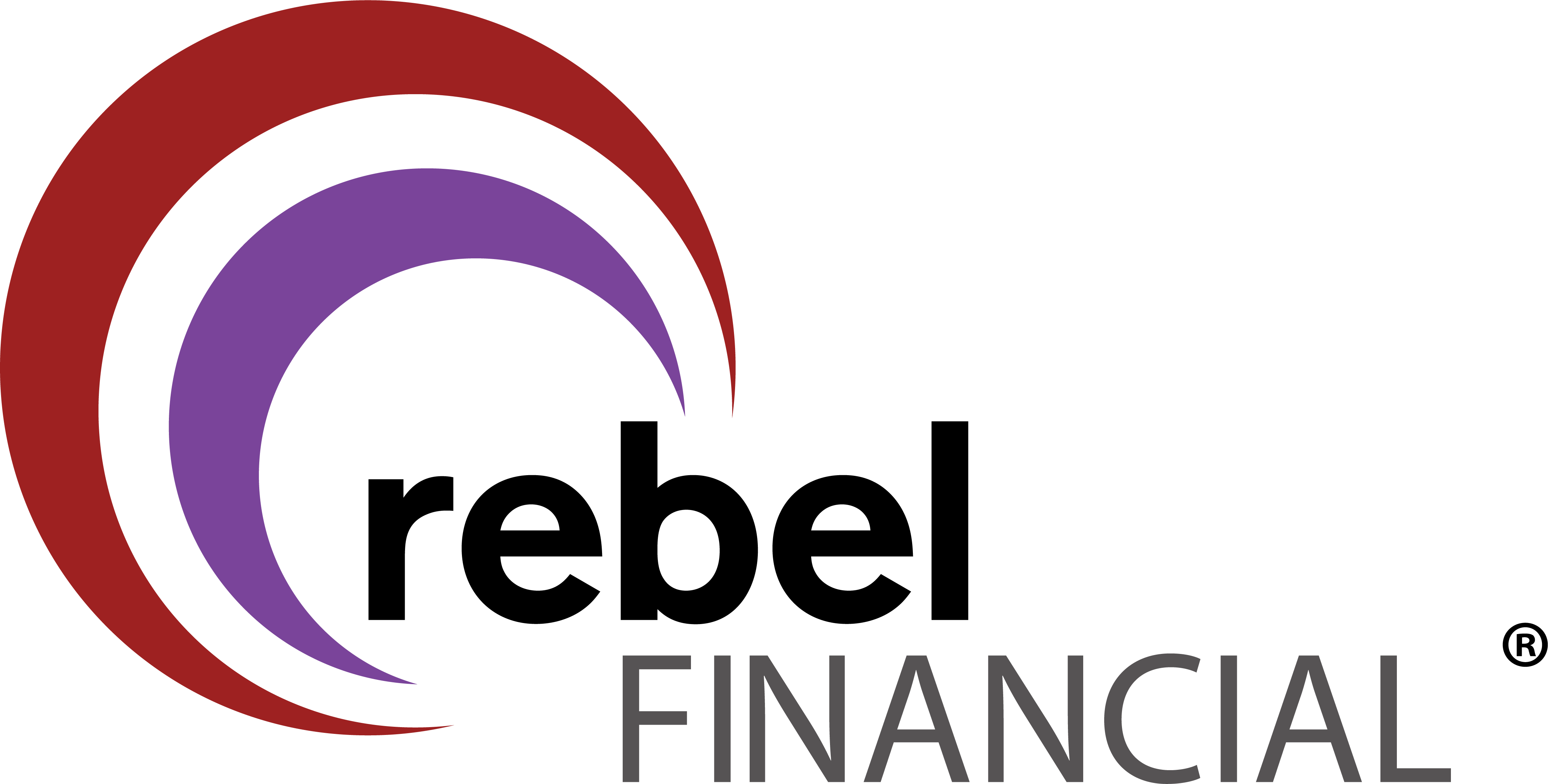How Much Money?
When starting an emergency fund, you’ll want to set a target amount. But how much is enough? Unfortunately, there is no “one-size-fits-all” answer. The ideal amount for your emergency fund may depend on your financial situation and lifestyle. For example, if you own your home or provide for a number of dependents, you may be more likely to face financial emergencies. And if the crisis you face is a job loss or injury that affects your income, you may need to depend on your emergency fund for an extended period of time.Coming Up with Cash
If saving several months of income seems an unreasonable goal, don’t despair. Start with a more modest target, such as saving $1,000. Build your savings at regular intervals, a bit at a time. It may help to treat the transaction like a bill you pay each month. Consider setting up an automatic monthly transfer to make self-discipline a matter of course. You may want to consider paying off any credit card debt before you begin saving. Once you see your savings begin to build, you may be tempted to use the account for something other than an emergency. Try to budget and prepare separately for bigger expenses you know are coming. Keep your emergency money separate from your checking account so that it’s harder to dip into.Fast Fact:41% of college graduates say they have enough savings to cover at least six months expenses, compared to 14% of those with only a high-school education. Bankrate.com, June 25, 2012
Where Do I Put It?
An emergency fund should be easily accessible, which is why many people choose traditional bank savings accounts. Savings accounts typically offer modest rates of return. Certificates of Deposit may provide slightly higher returns than savings accounts, but your money will be locked away until the CD matures, which could be several months to several years. The Federal Deposit Insurance Corporate insures bank accounts and certificates of deposit (CD) up to $250,000 per depositor, per institution in principal and interest. CDs are time deposits offered by banks, thrift institutions, and credit unions. CDs offer a slightly higher return than a traditional bank savings account, but they also may require a higher amount of deposit. If you sell before the CD reaches maturity, you may be subject to penalties. Some individuals turn to money market accounts for their emergency savings. Money market funds are considered low-risk securities, but they’re not backed by any government institution so it is possible to lose money. Depending on your particular goals and the amount you have saved, some combination of lower-risk investments may be your best choice.Money held in money market funds is not insured or guaranteed by the Federal Deposit Insurance Corporation or any other government agency. Money market funds seek to preserve the value of your investment at $1.00 a share. However, it is possible to lose money by investing in a money market fund. Money market mutual funds are sold by prospectus. Please consider the charges, risks, expenses, and investment objectives carefully before investing. A prospectus containing this and other information about the investment company can be obtained from your financial professional. Read it carefully before you invest or send money.The only thing you can know about unexpected expenses is that they’re coming — for everyone. But having an emergency fund may help alleviate the stress and worry associated with a financial crisis. If your emergency savings are not where they should be, consider taking steps today to create a cushion for the future.
Where Do You Fit In?
Here’s a look at how Americans are doing when it comes to emergency savings:
Bankrate.com, June 25, 2012
- Bankrate.com, June 25, 2012
The content is developed from sources believed to be providing accurate information. The information in this material is not intended as tax or legal advice. It may not be used for the purpose of avoiding any federal tax penalties. Please consult legal or tax professionals for specific information regarding your individual situation. This material was developed and produced by FMG Suite to provide information on a topic that may be of interest. The opinions expressed and material provided are for general information, and should not be considered a solicitation for the purchase or sale of any security. Copyright 2013 FMG Suite.
